Important men of the Prlekija
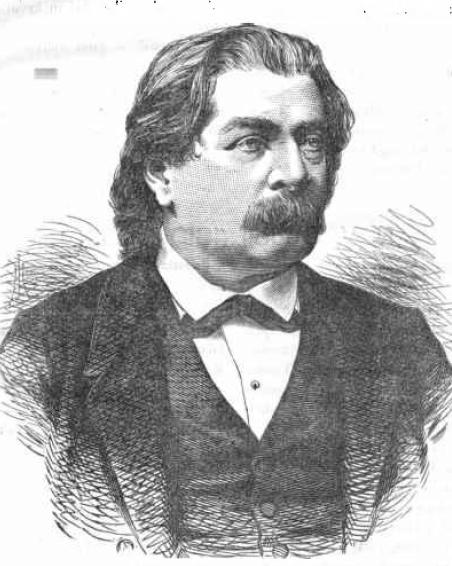
Franc Miklošič
Slovene philologist, linguist and Slavist, born in 1813 in the small village of Radomerščak near Ljutomer, he was the greatest Slavic figure of the 19th century. Having graduated from the University of Graz with a doctor of philosophy degree, he landed a professor of philosophy position there, only to devote himself to Slavistics studies later on. In 1838, he received the doctor of law degree from the University of Vienna. Ten years later, during the Spring of Nations in 1848, Miklošič, who was 35 at the time, started to actively engage in the Slovene national movement. He was Chair of the United Slovenia program, and one of the authors who elaborated the political demand for a United Slovenia. He also became a fully-fledged member of the Austrian Academy of Science and a member of the Austrian National Assembly. In 1849 he was appointed Chair of the newly established Slavic Philology of the University of Vienna. For three years he was named dean of the Faculty of Arts in Vienna, and in 1854 became rector of the University of Vienna. In 1864 he was awarded the hereditary knighthood for his achievements and merit. It took him three decades for his greatest work, Comparative Grammar of Slavic Languages, to be finished. The work consists of phonology, morphology, semantics and syntax. With this groundbreaking research he laid the foundations of Slavic nomenclature and found time to consistently devote himself to etymology as well. Moreover, he was a translator, author of textbooks, and a literary critic. His great scientific reputation is evidenced by the number of regular and honorary memberships in scientific societies, universities and academies across Europe. The Department for Slavonic Philology of the University of Vienna was the most important center for Slavistics in Europe at the time.
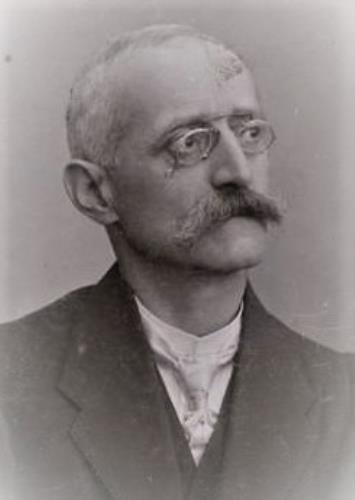
Karol Grossmann
Slovene lawyer, born in 1864 at the village of Drakovci near Mala Nedelja was the pioneer of filmmaking on the Slovenian territory. He shot his first short movies in 1905 filming the »Departure from the Mass in Ljutomer«, the »Fair in Ljutomer«, and a short documentary a year later, titled »In the Home Garden«. These motion picture masterpieces are to be viewed at the Ljutomer Museum.
A Ljutomer based lawyer, he was an important national figure in terms of the national awakening, and on top of all that one of the pioneers of Slovenian fine-art photography.
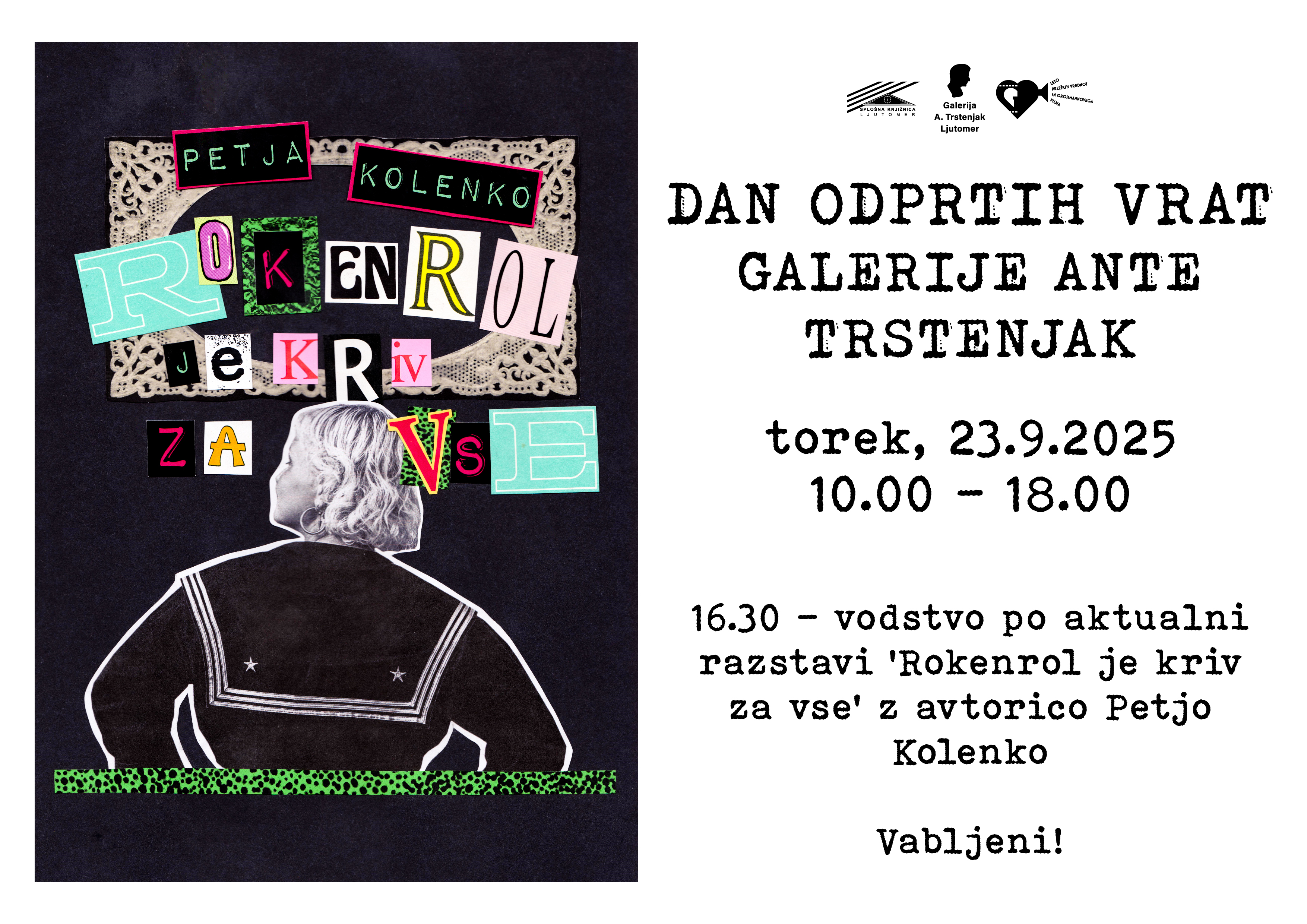
Ante Trstenjak
The painter, born in 1894 at the small village of Slamnjak near Ljutomer, graduated from the Academy in Prague, and continued his studies in Paris, where his art collection was also put on exhibition. Although he practiced different types of painting, he is one of the finest Slovenian watercolor artists from the interwar period. It's no coincidence then that the art gallery In Ljutomer is named after this giant of visual arts.
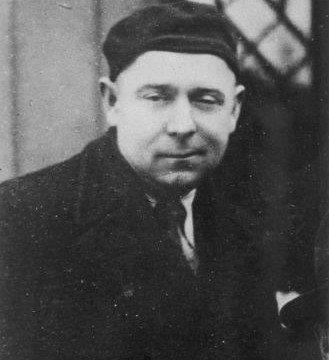
Slavko Osterc
Locally renowned prolific composer and music pedagogue, he was born in 1895 in Veržej, and was one of the leading figures in Slovenian classical music between the world wars. He studied at the Prague Conservatory, and upon his return to Slovenia lectured at the Ljubljana Conservatory, later renamed to the Academy of Music.
With his strong influence on the younger generation of Slovene composers committed to modernist art, he is considered an artist of the outstanding merit for the advancement of creativity among Slovenian musicians. Quite a number of international festivals of contemporary music – from Florence to London, Prague, and Warsaw have featured his work. His catalog comprises more than 170 works, among them three symphonies, three one-act operas, the ballet Illusions, the cantata The Baptism on the Savica, and many other orchestral and chamber pieces.
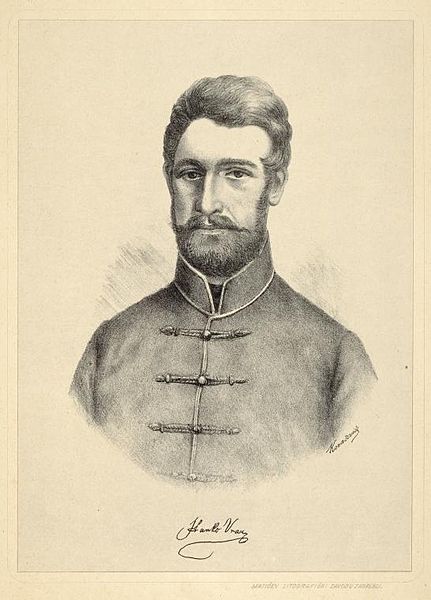
Stanko Vraz
Miklošič' peer, the poet and critic, born in 1810 at the village of Cerovec, was—together with Prešeren—the most prominent poet of Slovene romance. His stanzas reflect a free spirit, are charged, moody or even mellow romantic. His favorite forms of expression were sonnet, romance, epigram and type-satire. He coined his verses in standard Slovene yet here and there his linguistic choice is flavored with the words borrowed from the East Styrian dialect. His love of folk music makes him the first systematic and scientific recorder of this type of songs. He worked as a translator, editor and narrator to boot. Attracted and pulled by the Illyrian movement he finally broke away from Prešeren's circle of literary giants.
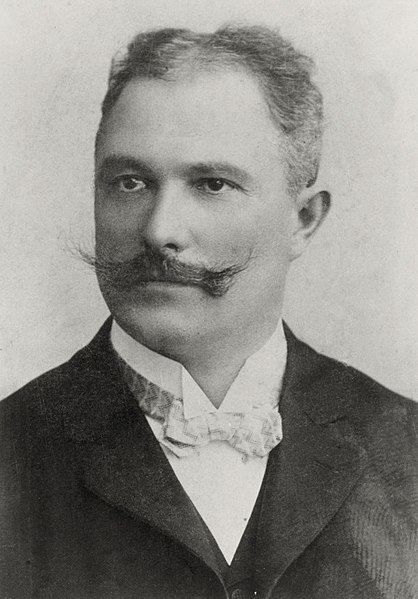
Janez Puh
The inventor and industrialist, born in 1862 in Sakušak, left home and moved to Graz to start his own bicycle company. He lowered the frame of the high wheeler, introduced two identical wheels with ball bearings, and the back wheel driven by the pedals and the chain. Later on his company started producing motorcycles, only to switch gears and launching a car-building business in 1904 which yielded 21 new types of cars. The most prominent Type VIII Alpenwagen was considered the most reliable passenger and ambulance vehicle during World War I, and was used long after the end of the war.


